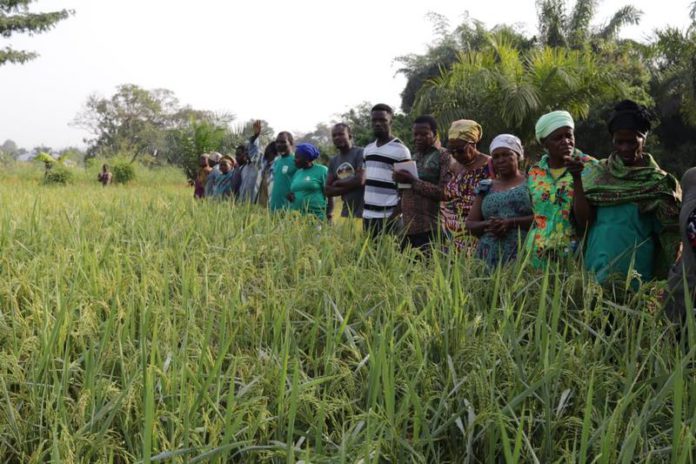Ghana, a country heavily reliant on agriculture and natural resources, is experiencing a decline in its agricultural sector.
Once known for its agricultural prowess in West Africa, Ghana now faces a pressing need to address this decline to avoid future food crises.
Agriculture in Ghana encompasses a wide range of products and remains a crucial economic sector, providing employment both formally and informally.
The country produces various crops suited to its diverse climatic zones, which range from dry savanna to wet forest. Key agricultural products include yams, grains, cocoa, oil palms, kola nuts, and timber, forming the backbone of Ghana’s economy.
For over 81 years, Ghana’s agriculture has been largely supported by cocoa, one of its highest-yielding exports. However, current concerns focus on maize and tomato production in Ghana.
Emmanuel Wilson Jnr has expressed concern over the state of maize production in Ghana. According to him, the country spent significant amounts on maize imports in 2023: $7.8 million from Argentina, $2.57 million from South Africa, $515,000 from India, $915,000 from the USA, and $12.6 million from Togo, among others.
Regarding tomatoes, Ghana imported $400 million worth from Burkina Faso, a troubling figure as it impacts the value of the cedi and affects GDP.
Emmanuel Wilson Jnr argues that heavy importation creates jobs in other countries while contributing to Ghana’s unemployment problem.
He suggests that investing in the agricultural sector could address these issues. He proposes reviving “Operation Feed Yourself,” an initiative launched in February 1972 by then-military ruler Ignatius Kutu Acheampong.
The program aimed to boost domestic food production and achieve self-sufficiency.
Although the initiative ultimately failed to improve local food conditions significantly, Wilson Jnr believes that reintroducing it with modern, mechanized methods could benefit Ghana.
Ghana’s fertile soil, if properly utilized, has the potential to boost the economy significantly.
With focused investment and planning in agriculture, the sector could become a cornerstone of Ghana’s economic revival.


